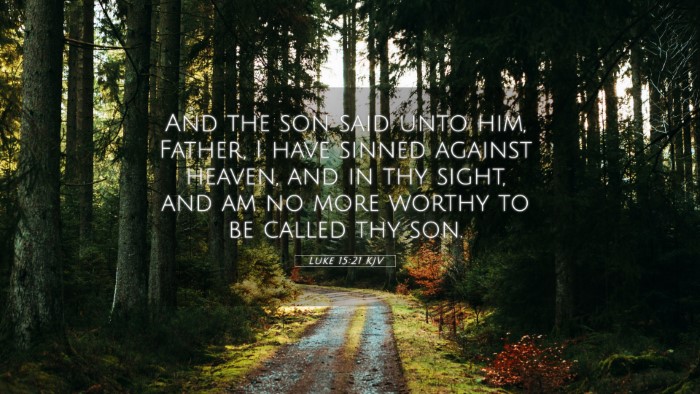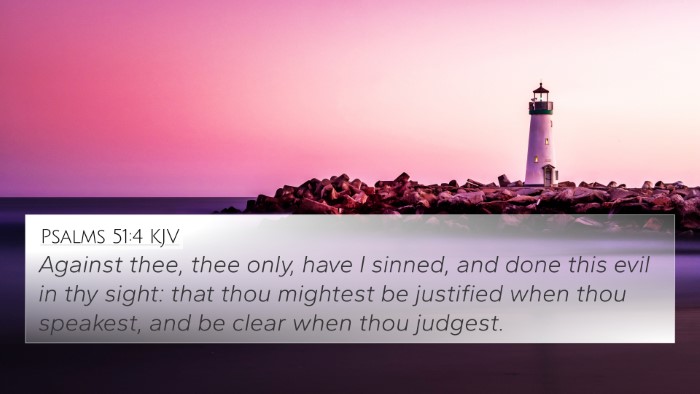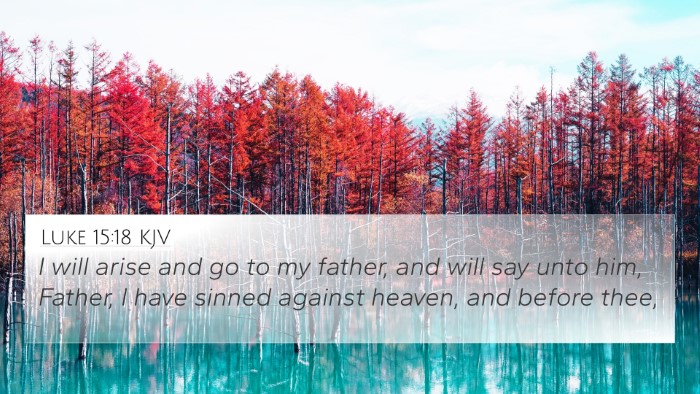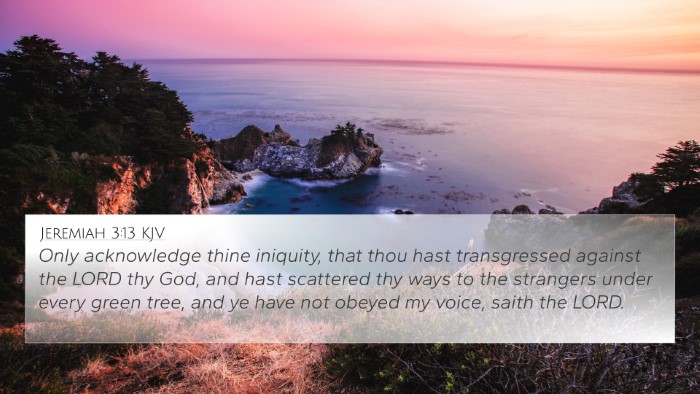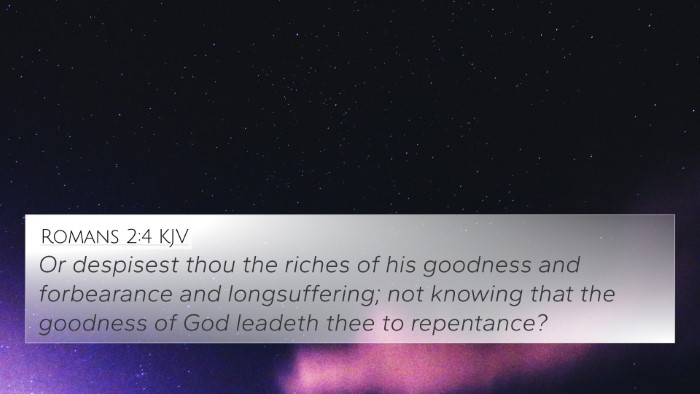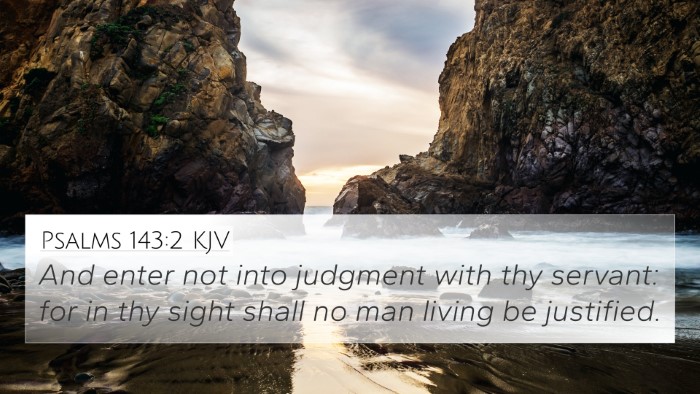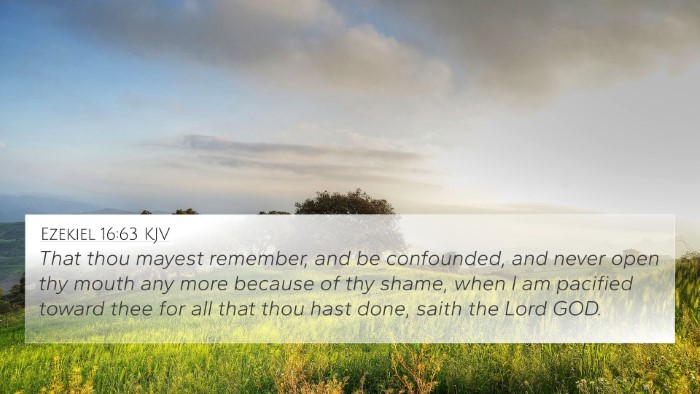Meaning and Interpretation of Luke 15:21
Luke 15:21 states: "And the son said to him, 'Father, I have sinned against heaven and before you. I am no longer worthy to be called your son.'" This poignant moment occurs within the larger narrative of the Parable of the Prodigal Son, reflecting deep themes of repentance, forgiveness, and reconciliation.
Contextual Overview
The parable revolves around a younger son who squanders his inheritance in reckless living and ultimately finds himself in despair, longing for the basic sustenance of life. The father’s reaction upon the son’s return reveals significant spiritual truths about God’s character.
Spiritual Significance
This verse can be analyzed through various lenses, revealing connections to multiple biblical themes:
- Repentance: The son acknowledges his sinfulness, showcasing the biblical principle that true repentance involves recognition of wrongdoing (Psalm 51:3).
- Forgiveness: The father’s unconditional acceptance of the returning son epitomizes God’s grace, paralleling 1 John 1:9.
- Restoration: The act of the son returning to his father signifies the overarching theme of restoration found in Isaiah 44:22.
- Inheritance and Belonging: The plea of not being worthy emphasizes themes of belonging, which can be further examined in Romans 8:17.
- Love and Mercy: The father’s response highlights God’s immense love, resonant with John 3:16.
- Hope for Redemption: The story parallels God's hope for redemption present in Ezekiel 18:32.
- Grace vs Law: Contrasting the law’s demands with grace's offer can be linked to Galatians 2:21.
Cross-References
Luke 15:21 is intricately linked with various scriptures that underscore its themes and messages. Below are 7-10 Bible cross-references that illuminate this verse:
- Psalm 51:1-2: A cry for mercy and acknowledgment of sin.
- 1 John 1:9: Assurance of forgiveness when we confess our sins.
- Isaiah 44:22: God's promise of restoration.
- Romans 8:15-17: The believers’ position as God's children.
- John 3:16: The foundation of God’s love and mercy.
- Ezekiel 18:30: God's plea for a repentant heart.
- Galatians 2:21: The contrast between grace and adherence to the law.
- Matthew 11:28-30: Jesus inviting the weary to find rest in Him.
- Luke 19:10: The mission of Jesus to seek and save the lost.
- 2 Corinthians 5:17: The transformative power of becoming a new creation in Christ.
Thematic Connections
This verse serves as a bridge to explore several thematic Bible verse connections:
- Faith and Works: The interplay of faith as the basis for acceptance versus our works as a response.
- Prohibition of Despair: Encouragement found in struggling with feelings of unworthiness, as reflected in Romans 8:38-39.
- Acceptance of the Sinner: Jesus often emphasized acceptance of those deemed unworthy (Matthew 9:12-13).
Tools for Bible Cross-Referencing
To delve deeper into these connections, utilizing various tools for Bible cross-referencing can enhance understanding:
- Bible concordance: A useful resource for finding related verses based on keywords.
- Bible cross-reference guide: Provides connections and thematic links between verses.
- Cross-reference Bible study methods: Frameworks to identify relationships and thematic elements across the scriptures.
Conclusion
Luke 15:21 encapsulates the essence of the Gospel message and serves as a poignant reminder of God's grace and forgiveness. Through cross-referencing and thematic analysis, its significance is illuminated, providing a robust understanding of its place within the larger biblical narrative.
Summary of Keywords
This interpretation employs (and deeply interrelates) keywords such as: Bible verse cross-references, connections between Bible verses, linking Bible scriptures, and cross-referencing Biblical texts. These tools enhance the study experience, revealing depth in the scripture.

